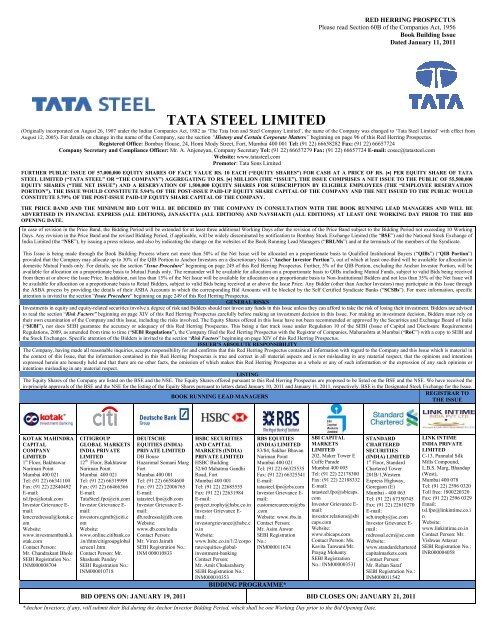Table of ContentsHow What Is The Coupon Bond Formula In Finance can Save You Time, Stress, and Money.How To Find Bond Price On Yahoo Finance for Beginners
Those who provide bonds can afford to pay lower interest rates and still sell all the bonds they need. The secondary market will bid up the timesharing today magazine rate of bonds beyond their stated value. The interest payment is now a lower portion of the preliminary rate paid. The result? A lower return on the investment, hence a lower yield.
Bond financiers choose among all the different types of bonds. They compare the risk versus benefit provided by interest rates. Lower rates of interest on bonds mean lower expenses for things you purchase on credit. That consists of loans for cars, service expansion, or education. Essential, bonds impact home mortgage interest rates.

When you purchase bonds, you provide your cash to a company that requires capital. The bond provider is the borrower/debtor. You, as the bond holder, are the financial institution. When the bond matures, the issuer pays the holder back the original quantity obtained, called the principal. The issuer also pays routine set interest payments made under an agreed-upon period.
Bonds as investments are: Less dangerous than stocks (how to find the beta for a bond finance). So, these offer less return (yield) on financial investment. Make certain these are backed by good S&P credit rankings. Enabled to be traded for a higher rate. The very best time to get a loan is when bond rates are low, because bond and loan rates fluctuate together.
Bonds are financial obligation and are provided for a period of more than one year. The US government, regional federal governments, water districts, business and lots of other kinds of institutions offer bonds. how to find a specific bond in yahoo finance. When an financier buys bonds, she or he is providing money. The seller of the bond concurs to pay back the principal quantity of the loan at a specified time.
A City Could Issue Which Type Of Bond? Fundamentals Explained
A security representing the debt of the company or federal government issuing it. When a http://dallasgabg952.image-perth.org/the-ultimate-guide-to-how-to-calculate-nominal-rate-on-treasury-bond-intro-to-finance company or federal government issues a bond, it obtains money from the bondholders; it then uses the cash to invest in its operations. In exchange, the bondholder gets the principal quantity back on a maturity date stated in the indenture, which is the agreement governing a bond's terms.
Typically speaking, a bond is tradable though some, such as savings bonds, are not. The interest rates on Treasury securities are considered a criteria for rates of interest on other debt in the United States. The higher the rates of interest on a bond is, the more dangerous it is most likely to be - what is a finance bond.
The most standard division is the one in between business bonds, which are provided by private companies, and government bonds such as Treasuries or municipal bonds. Other common types consist of callable bonds, which allow the provider to pay back the principal prior to maturity, depriving the shareholder of future vouchers, and floating rate notes, which carry a rates of interest that changes from time to time according to some standard.
A long-lasting promissory note. Bonds differ extensively in maturity, security, and kind of company, although most are sold in $1,000 denominations or, if a community bond, $5,000 denominations. 2. A written obligation that makes a person or an institution responsible for the actions of another. Bonds are debt securities issued by corporations and federal governments.
The company also assures to pay back the loan principal at maturity, on time and in complete. Because many bonds pay interest regularly, they are likewise explained as fixed-income financial investments. While the term bond is utilized generically to explain all financial obligation securities, bonds are specifically long-lasting investments, with maturities longer than 10 years.